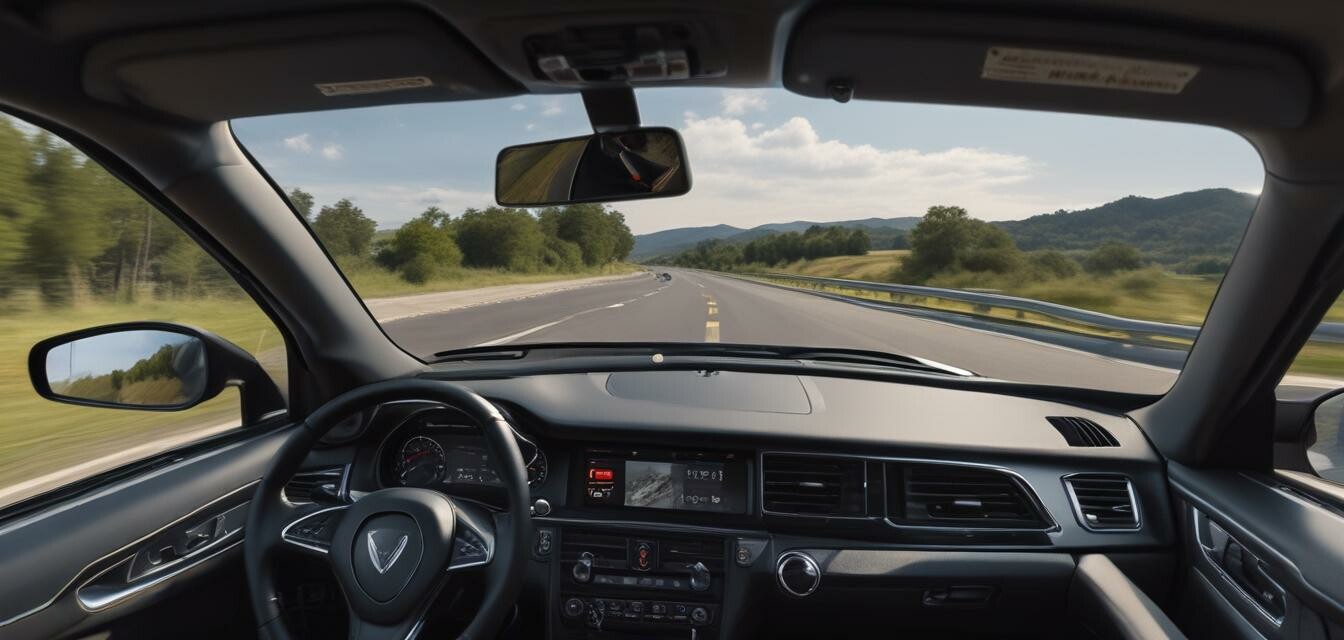
How to Ensure Your Dash Cam is Legal in Your State
Key Takeaways
- Understand local laws on dash cam usage.
- Check for state-specific restrictions on camera types and functionalities.
- Learn about privacy laws that may affect your dash cam's operation.
- Stay informed on restrictions related to dash cam placement in vehicles.
- Consult reliable resources for up-to-date legal information.
Dashboard cameras have gained immense popularity among drivers for their ability to record road incidents and provide valuable evidence in case of accidents. However, it's crucial to ensure your dash cam setup complies with the legal requirements of your state. This guide offers practical advice on how to make sure your dash cam is legal where you live.
Understanding dash cam laws across the U.S.
Each state in the U.S. has its own regulations regarding the use of dashboard cameras. Below is an overview of common legal considerations:
| Aspect | Description |
|---|---|
| Recording Audio | Many states require at least one party's consent to record audio in a private setting. Check your state laws. |
| Video Recording Policies | Most states allow video recording without consent if it takes place in public spaces. |
| Dash Cam Placement | Some states have restrictions on where you can mount your camera to ensure it doesn’t obstruct your view. |
| Privacy Laws | Be aware of privacy laws in your state that may restrict filming in certain locations. |
Step 1: Research State Laws
The first step in ensuring your dash cam is legal is to research the laws specific to your state. Resources like your state’s Department of Motor Vehicles (DMV) or local law enforcement websites can provide valuable information. Additionally, consider checking our Buying Guides for related resources on legal compliance.
Step 2: Check for Local Regulations
Besides state laws, local municipalities might also have regulations impacting dash cam usage. It’s wise to find out if there are specific rules in your city or county.
Check the state regulations here - Dash cam laws by state
Step 3: Understand Your Dash Cam's Features
Many modern dash cams come with features that may pose legal questions. Be sure to consider:
- Recording quality (higher resolution may be subject to more scrutiny)
- Audio recording capabilities
- Use of GPS tracking and whether it's permissible
Step 4: Verify Installation Compliance
Ensure that your dash cam is installed in a way that does not obstruct your view. Most states require a clear line of sight through the windshield. You need to avoid mounting the camera directly in front of the driver's line of vision.
Common Questions about Dash Cam Legality
Can I use my dash cam while driving?
Generally, yes. However, you must adhere to your state’s recording laws and restrictions on camera placement.
Is it legal to record audio inside my car?
Audio recording laws vary by state. In many cases, you will need consent from at least one passenger within the vehicle. More you can find here - State laws on recording
Conclusion
By taking the time to research and understand the laws surrounding dash cam usage in your state, you can ensure that your device remains legal and effective. Always stay updated on local legislation as laws can change.
Tips for Keeping Your Dash Cam Legal
- Regularly review local laws as they can evolve.
- Consider joining online forums or groups that discuss dash cam usage.
- Stay informed about dash cam features that may be impacted by legal regulations.
- Utilize online resources such as the National Motorists Association or local government websites for reliable updates.
Pros
- Dash cams provide valuable evidence for accidents.
- They can deter fraudulent claims against you.
- Recordings can help improve driving behavior.
Cons
- Legal regulations complicate usage in some regions.
- Improper installation may hinder visibility.
- In some areas, audio recording without consent might lead to legal issues.
For more practical advice on maximizing your dash cam experience, check out our [ Tips and How-To's ] section.
